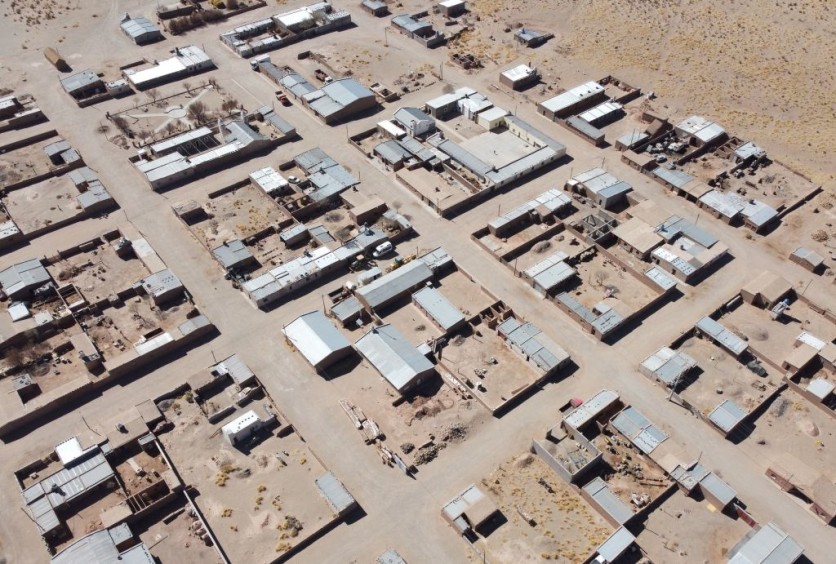A proposed lithium mine in Nevada will be granted a conditional loan of $700 million from the US Department of Energy (DOE) to accelerate the supply chain for electric vehicle batteries despite facing opposition from wildlife conservationists.

Significant Step
As reported first by AP, the project marks a significant step toward President Joe Biden's energy plans by establishing a domestic supply of lithium batteries. However, this "green" project also poses risks to an endangered wildflower located at the proposed mine site.
Ioneer, the Australian mining company behind the project, anticipates starting its mining operations at Rhyolite Ride by 2026 in Esmeralda County. DOE's announcement indicates that the site can produce enough lithium to power the production of at least 370,000 electric vehicles (EVs) yearly.
The Department of Energy said the loan would be the most recent initiative to show the Biden administration's efforts in strengthening the country's battery supply chain, electrifying the transportation sector, and reducing the reliance on fossil fuels and foreign raw material sources.
According to James Calaway, executive chairman of Ioneer, the conditional commitment emphasizes the project's significance in bolstering the country's mineral supply chain by offering a safe, sustainable, and domestic source of lithium for the expanding EV market.
Ioneer's managing director, Bernard Rowe, notes that the conditional loan was granted following 23 months of deliberation by DOE, which marks a key turning point for the project.
However, the proposed mine will still have to go through legal obstacles since Ioneer will have to produce a mining operations framework to ensure the preservation of Tiehm's buckwheat, Nevada's endangered wildflower.
Endangered Wildflower
The wildflower was classified as endangered on Dec. 14, 2022, by US Wildlife officials. The Fish and Wildlife Service's official designation of Tiehm's buckwheat and the identification of the plant's crucial habitat's 910 acres (368 hectares) ultimately offers a significant barrier to the US's green energy goals.
The service noted that Tiehm's buckwheat is in danger of going extinct, with only about 16,000 surviving.
The area's proposed mining and resource extraction pose the biggest threat to the flower. According to the service, grazing by livestock, invasive species, climate change, and other causes could also be harmful to the plant's endangered population.
Patrick Donnelly, the Center for Biological Diversity's director for the Great Basin, acknowledged the importance of lithium to help the US in achieving its US energy goals but noted that it could not come at the risk of the plant's extinction.
The organization petitioned for the listing in 2019 and filed a lawsuit in 2021 to speed up the wildflower's preservation.
However, Ioneer claims that it has developed a protection strategy to guarantee that the project will not endanger the plant's survival. The company has been trying to mine for lithium for years on a federal territory where the flower grows midway between Reno and Las Vegas.
According to the DOE's announcement, the project is seeking ways to minimize its effects on the endangered plant. It noted that the loan was given after completing an environmental impact statement required by the National Environmental Policy Act (NEPA).
Related Article : Lithium Industry To Expand Outside China But Expect More Expensive Battery Material





